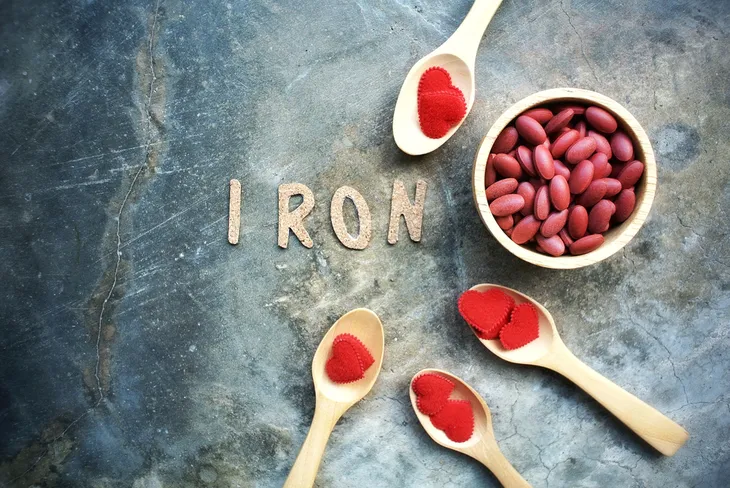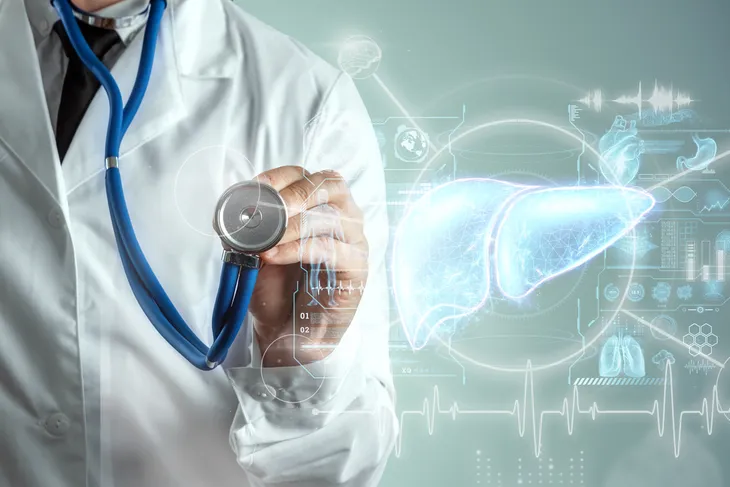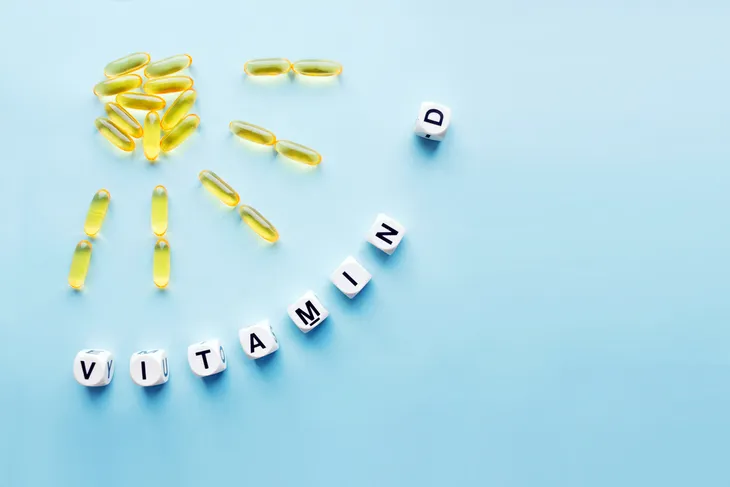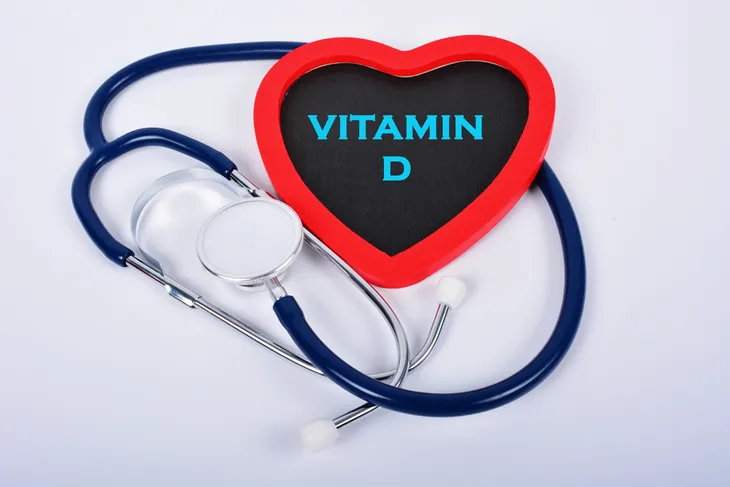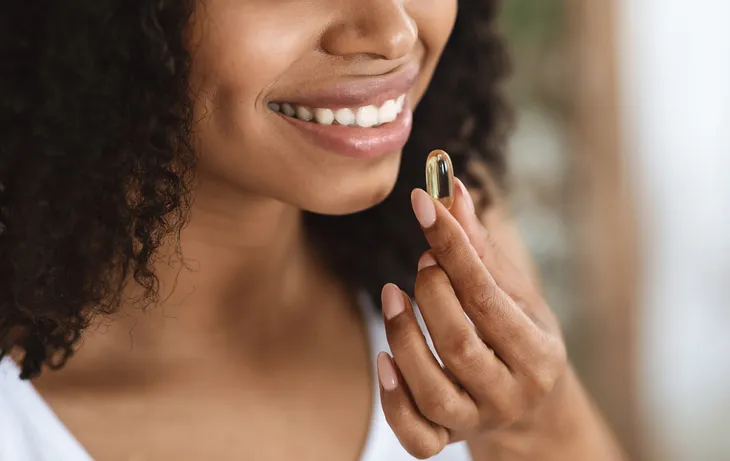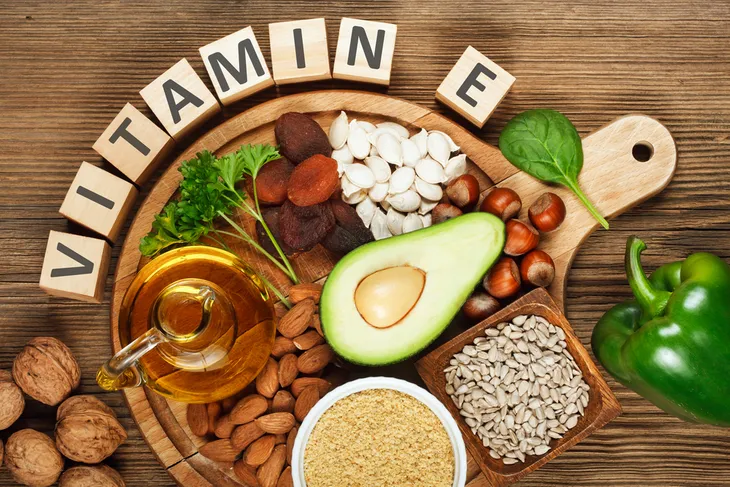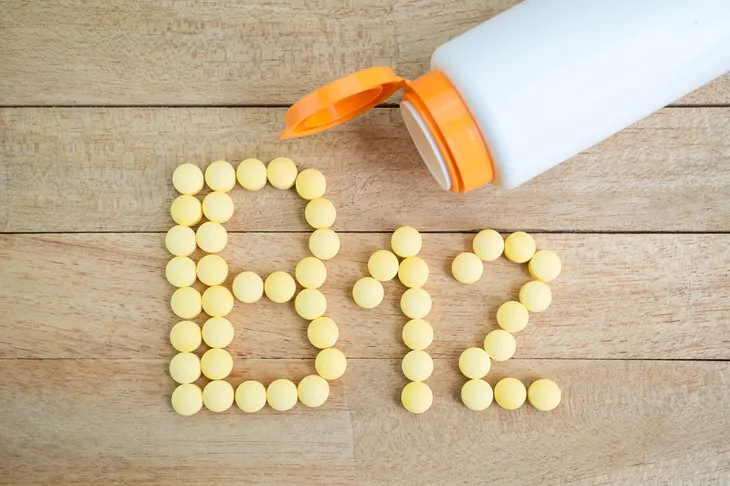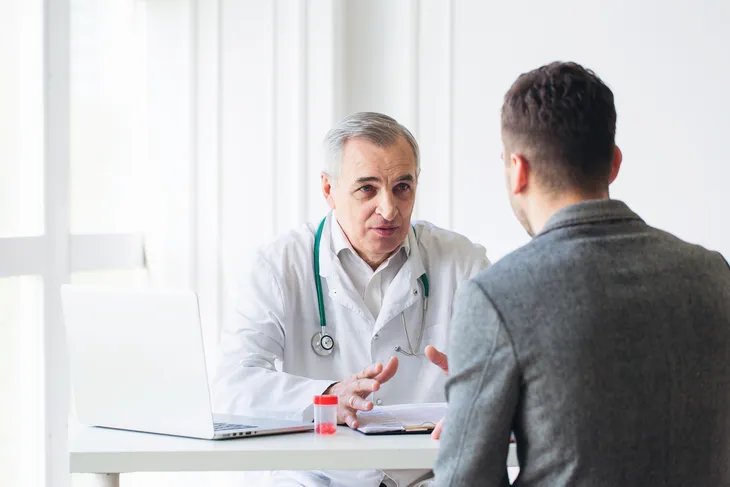To say the liver is important is quite an understatement. It’s a 3-pound organ that is responsible for more than 500 bodily functions. It does everything from filtering toxins in your blood supply to producing cholesterol to regulating blood clotting and so much more. There are many ways your liver can have reduced function, such as a lack of vitamins.
Vitamins are necessary substances that help your body grow, develop and ensure normal cell function. Unfortunately, a lack of certain vitamins can cause your liver to not work as it should. If you want to optimize your liver function, here’s a rundown on which vitamins may be able to help.
Iron and Vitamin A
Did you know around 10 million people in the U.S. are iron deficient? This is a problem for a variety of reasons, especially if it begins to impact your liver. Both iron and vitamin A levels can impact the liver.
The Jakarta Post explains how low iron levels can lead to anemia and decreased vitamin A levels in the liver. To combat this, your doctor may look for ways to increase both your vitamin A and iron intake.
Beware of Too Much Vitamin A
It’s always a good idea to speak with your doctor before taking supplements, especially when it comes to vitamin A. That’s because this nutrient is known to cause liver damage when taken in high doses. Although it helps your body fight illness and infection, too much can be dangerous.
Mayo Clinic says you have an increased risk of liver disease if this supplement is mixed with other hepatotoxic drugs. To be safe, make sure not to take more than 10,000-mcg of oral vitamin A supplements long-term and consult with a medical professional. It’s also worth noting, too much iron can also have damaging effects on the liver.
Vitamin D
There are many benefits to vitamin D, but now we’re learning how it can also improve liver function. A study published in the U.S. National Library of Medicine explores how vitamin D could also be a therapeutic option for liver damage. Specifically, in patients with non-alcoholic fatty liver disease (NAFLD) and non-alcoholic steatohepatitis (NASH).
Researchers found that vitamin D has a direct role in modulating liver inflammation and improving hepatic response to the hormone that regulates glucose in the body. Patients who reach an optimal vitamin D balance can potentially reap the benefits for a longer time and overcome some detrimental issues related to NAFLD and NASH.
Other Benefits of Vitamin D
While more research needs to be done related to vitamin D and the liver, there are some definitive benefits to the sunshine vitamin. You can take vitamins or get your daily dose naturally by exposing your skin to sunlight.
Healthline says vitamin D can help:
- Fight diseases such as multiple sclerosis, heart disease, and the flu
- Boost weight loss
- Reduce depression
Vitamin E
Vitamin E is an antioxidant that helps your body function properly. According to Mayo Clinic, some studies show it can also improve symptoms of non-alcoholic fatty liver disease. Just make sure not to rely on vitamin E as a long-term solution.
One study says modest improvement was found in NAFLD and NASH clinical trials, so more research is still necessary. Mayo Clinic also cautions that while vitamin E may help the liver, evidence has linked these oral supplements to resistance to the hormone that regulates glucose in the body. This is specifically in people taking it for 2-years to improve liver function.
Other Benefits of Vitamin E
It’s recommended that adults receive 15-milligrams of vitamin E per day. It can help everything from your vision, reproduction, brain, and lots more. Make sure to consume foods rich in the nutrient such as canola oil, peanuts, meat, leafy greens, and more.
Being mindful of your vitamin E intake can help protect you from free radicals when the body is exposed to tobacco smoke and radiation. Mayo Clinic says these molecules are linked to conditions like heart disease and cancer. Plus, some research shows vitamin E may delay the progression of Alzheimer’s disease.
Vitamin B12
Vitamin B12 is responsible for red blood cell formation, cell metabolism, nerve functions, and other essential functions. LiveStrong says how this water-soluble vitamin may also protect against liver diseases. Deficiencies in B12 have been linked to non-alcoholic steatohepatitis.
With its positive effects on protecting the liver, you’ll want to make sure you’re getting a proper daily dose of 2.4 micrograms of B12 each day. You can do this through food sources such as poultry, meat, fish, and dairy products.
Are Supplements Actually Effective?
To protect your liver with vitamins, you may consider taking supplements. It’s reported that more than 170 million U.S. adults take supplements on any given day. As popular as they are, there is no substantial proof it actually does good for our bodies or treatment of chronic diseases.
In fact, they happen to be regulated by the U.S. Food and Drug Administration as food rather than drugs. Supplement companies are not allowed to claim their products can cure, treat or prevent diseases on its labels. Instead, do your best to get your daily dose of vitamins through a well-balanced diet.
Boosting Your Liver Through Food
Some people can receive their daily dose of vitamins completely through their diet. Focus on a balanced diet full of fruits, vegetables, whole grains, and lean meats. You’ll also want to get in a lot of fiber and opt for low-fat dairy products. Plus, make sure to stay hydrated by drinking lots of water.
Do your best to avoid a diet full of:
- Saturated fats
- Red meat
- High-calorie meals
- Raw or undercooked shellfish
- Refined carbohydrates
Avoid Alcohol
Perhaps the biggest danger against the liver is alcohol. Alcohol-related liver disease (ARLD) can occur when you drink too much on a regular basis. It wreaks havoc on the organ, which can escalate to irreversible stages such as cirrhosis or even cancer if the behavior goes unchanged.
Healthline says that 10 to 15-percent of heavy drinkers in the U.S. will develop ARLD. Heavy drinking is considered eight alcoholic beverages per week for women and more than 15 for men. To prevent developing liver disease, make sure to limit your alcohol intake.
More Ways to Protect the Liver
Nearly everything you do in your daily lifestyle can have an impact on the liver. The Liver Foundation shares additional ways to boost your health and avoid liver disease. These include:
- Exercise regularly
- Avoid contaminated needles
- Avoid illicit drugs
- Seek medical attention if exposed to blood
- Wash hands often
- Follow directions on all medications
- Get vaccinated for hepatitis A and B
Talk With Your Doctor Before Taking Supplements
Walk into any given drug store and you’ll see hundreds of supplement bottles stacked on the shelves. Since negative health effects are associated with certain doses of supplements, it’s important that you speak with your doctor before taking any.
Everyone’s health is different. Some people may need higher doses of certain vitamins while others may need to lower their overall intake. Whatever your reason is for wanting to take vitamins, speak with your doctor to see if it’s safe to add to your routine. They may say to avoid certain ones depending on your health status.

